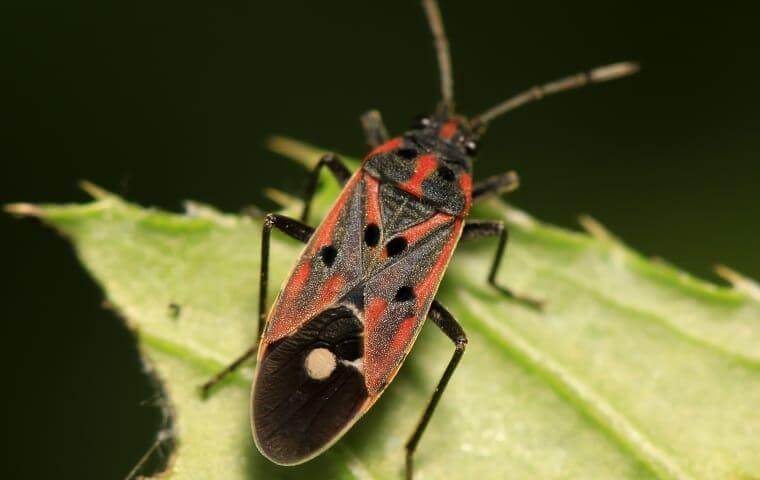
A yard is many things. It is a vast kingdom for kids to run around playing make-believe. It is a 5-star restaurant for a dad cooking on the grill. It can even be a soft place to picnic when the weather is just right. Whatever your yard is for you, we understand it is important enough that when it starts dying and you begin seeing wilting patches of grass, you get concerned. Today we will be talking about these withered patches of grass and a possible culprit for the crime, chinch bugs.
How To Identify Chinch Bugs
Chinch bugs are tiny lawn pests that can cause a lot of damage to lawns. Chinch bugs can be identified by their oval-shaped bodies and overlapping wings. One good thing to know about chinch bugs is that they go through 4 stages of development before reaching adulthood, with each stage looking slightly different. Colors range from a bright reddish-brown to a combination of gray-black and white.
The Dangers Of Chinch Bugs
Do you know what kind of grass you have? Is it by chance St. Augustine grass? If so, your lawn is, particularly at risk. St. Augustine grass is a chinch bug’s favorite. This, however, is not the only grass chinch bugs will eat. When their populations grow enough, they lose their pickiness and will begin eating other kinds of grass as well. This eating leaves patches of dead grass that can be confused with underwatering. However, applying water will not help.
How To Know If Your Lawn Has Chinch Bugs
If you are curious to know if your lawn has chinch bugs, there is an easy trick to know for certain. What you need is a metal cylinder, possibly one cut out from a coffee can, and some water. Once you have these things, bring the cylinder into your yard near an affected area and push it a few inches into the dirt around a patch of grass. After this, add water until the grass is fully submerged and then disturb the grass using your hands or a small tool. Keep adding water if the water level starts to drop, and look for chinch bugs floating to the surface.
When To Call In The Professionals
If you did the above experiment and found chinch bugs in your grass, your next step should be to call the professionals here at Family Pest Control. Our pest technicians know what treatments work best on resilient chinch bugs and can help you get your lawn back to looking green and lush in no time.
